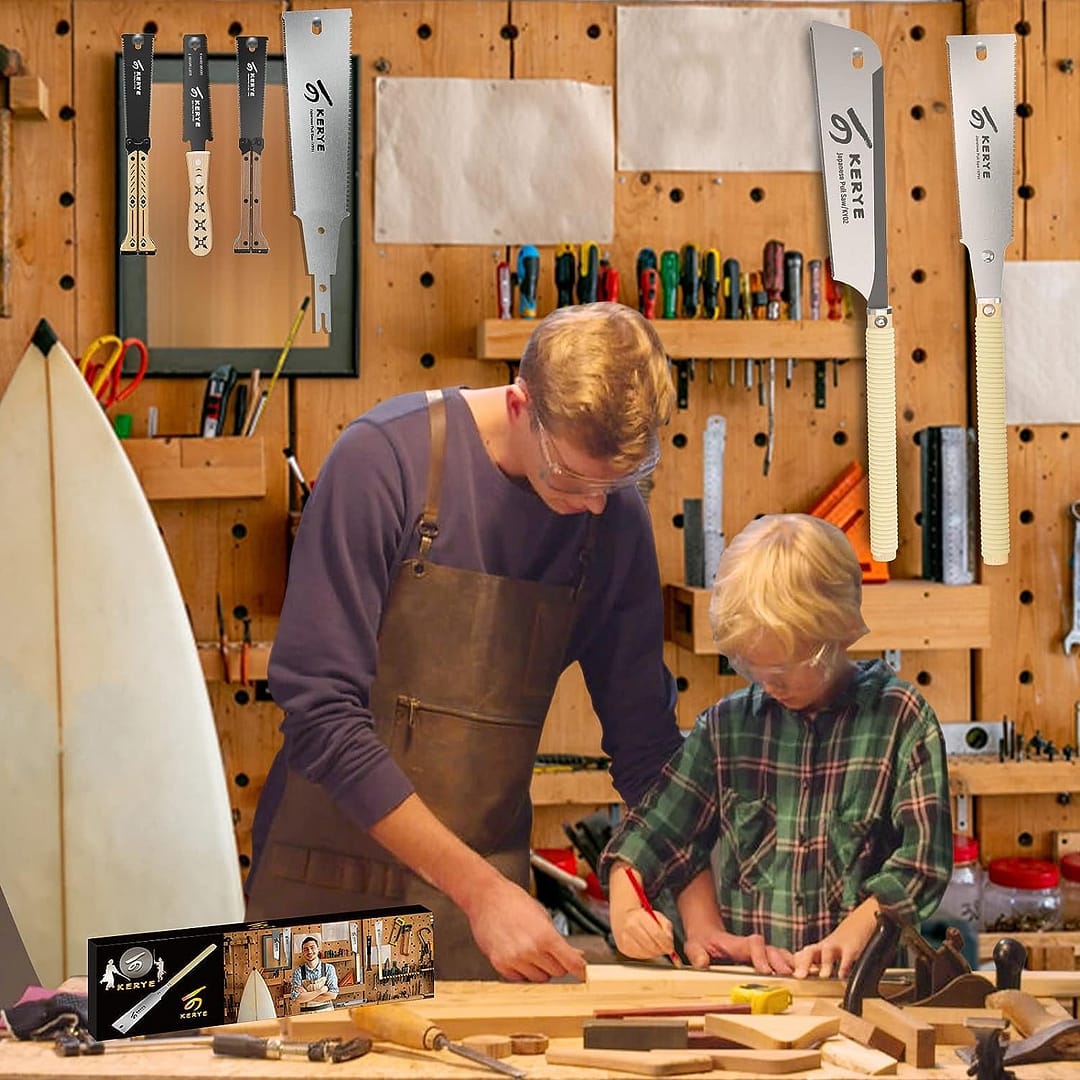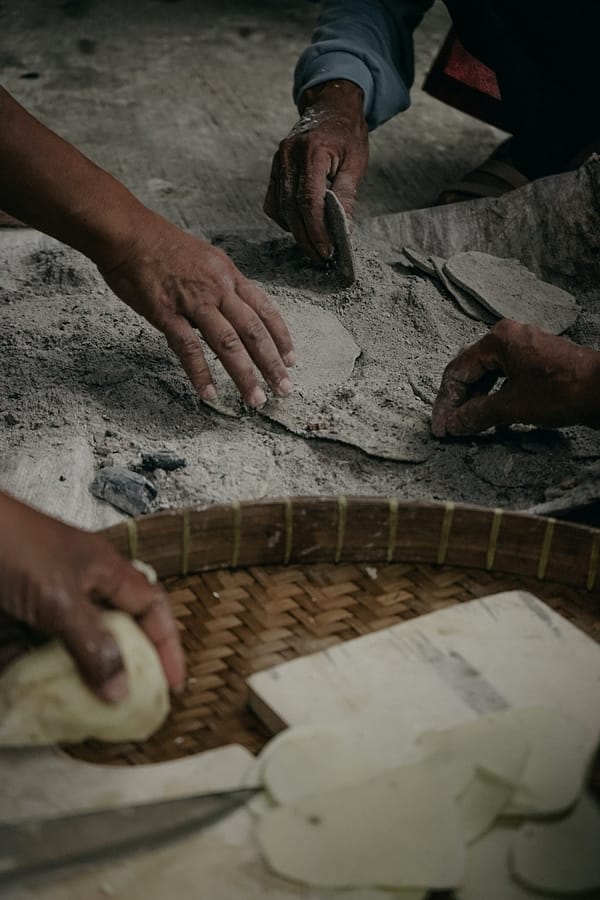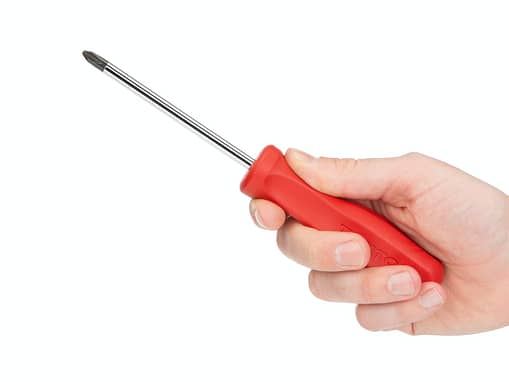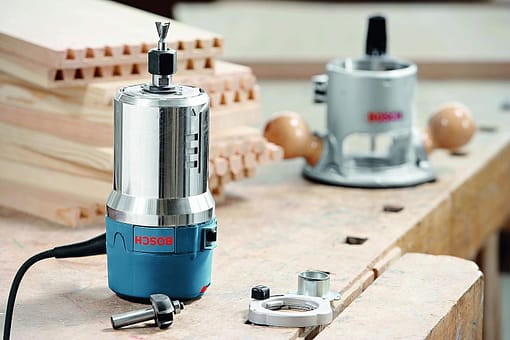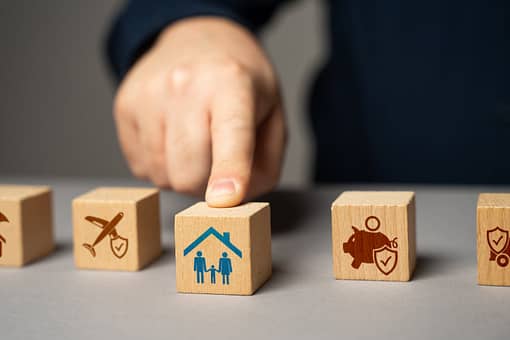Are you eager to learn new do-it-yourself (DIY) skills but don’t know where to start? Finding a mentor or a community of DIYers can be a fantastic way to gain knowledge, receive guidance, and connect with like-minded individuals who share your passion for creating and fixing things. In this article, we will explore some effective strategies and resources that can help you find the support and inspiration you need to embark on your DIY journey.
Online Communities
Social Media Groups
One of the easiest ways to find a mentor or a community of DIYers is through social media groups. Platforms like Facebook, Reddit, and LinkedIn have numerous groups dedicated to DIY projects and home improvement. These groups provide a space for like-minded individuals to connect, share ideas, seek advice, and even find mentors. Whether you’re a beginner looking for guidance or an experienced DIYer wanting to share your expertise, joining these social media groups can be a great way to connect with others who share your passion for DIY.
Online Forums
Online forums have been a popular way for DIY enthusiasts to connect with others since the early days of the internet. Websites like DIYChatroom and DIYnot offer a platform where users can ask questions, share experiences, and learn from each other. These forums typically have dedicated sections for different areas of DIY, such as woodworking, electrical work, or plumbing, allowing you to find discussions and information specific to your interests. Participating in these online forums not only provides you with a wealth of knowledge but also allows you to engage with other DIYers and potentially find a mentor who can guide you on your DIY journey.
DIY Websites
There are countless DIY websites available online that offer a wide range of tutorials, guides, and resources for all kinds of projects. Websites like Instructables, DIY Network, and The Family Handyman provide step-by-step instructions, videos, and even forums where DIYers can connect with each other. These websites often feature projects of varying difficulty levels, making it easy to find something suitable for your skill level. While they may not offer the same interactive experience as social media groups or forums, DIY websites can be a valuable resource for learning new skills and finding inspiration for your next project.
Local DIY Groups
DIY Meetups
If you prefer face-to-face interactions and want to connect with DIYers in your local community, DIY meetups can be an excellent option. Meetup.com is a popular platform that allows individuals to create and join groups based on shared interests. You can search for DIY or home improvement-related meetups in your area and connect with other DIY enthusiasts who are looking to share their skills and knowledge. These meetups often feature workshops, collaborative projects, and opportunities to network with other like-minded individuals.
Hardware Store Workshops
Many hardware stores and home improvement retailers offer workshops and classes on various DIY topics. These workshops are a great way to learn new skills and connect with experts in the field. From basic woodworking to advanced electrical work, these workshops cater to different skill levels and provide hands-on experiences. Attending these workshops not only allows you to learn from professionals but also provides opportunities to interact with other DIYers and potentially form mentorship relationships.
Community Centers
Local community centers often host DIY-related events and classes for residents. These centers may offer classes on woodworking, painting, or other home improvement skills. Additionally, they may organize community projects where DIY enthusiasts can come together to work on larger-scale projects such as building a community garden or renovating a local building. Community centers provide a space for DIYers to connect, learn, and collaborate on projects while also fostering a sense of community spirit.
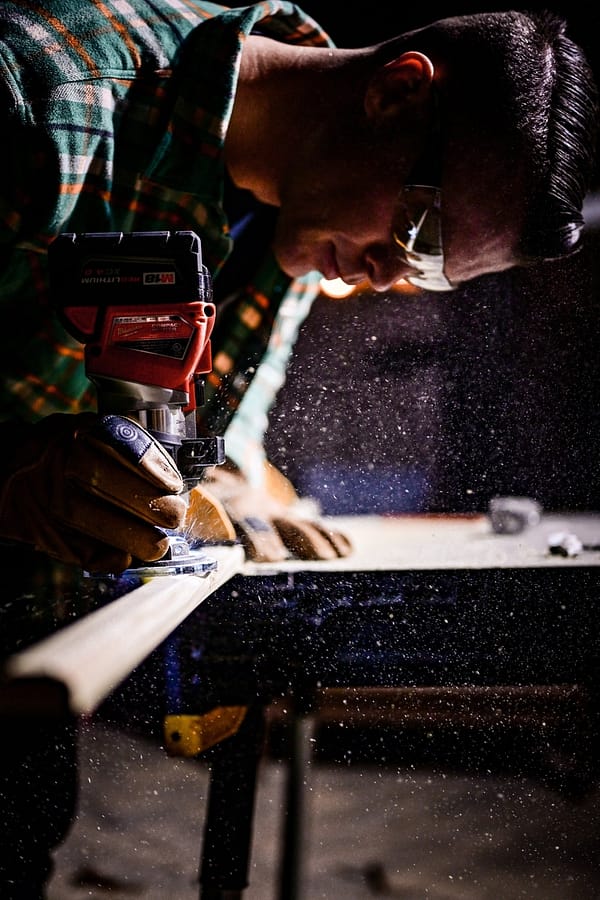
Networking Events
DIY Conferences
DIY conferences bring together DIY enthusiasts, professionals, and industry experts for a few days of immersive learning and networking. These conferences often feature workshops, guest speakers, and panel discussions covering a wide range of DIY topics. Attending a DIY conference can expose you to the latest trends, techniques, and technologies in the field. It also offers an opportunity to connect with other DIYers, potential mentors, and professionals who can provide guidance and support as you further develop your skills.
Trade Shows
Trade shows related to home improvement and DIY are another excellent avenue to connect with like-minded individuals. These events bring together vendors, experts, and enthusiasts from the DIY industry, providing an opportunity to explore new tools, materials, and projects. Attending trade shows allows you to network with professionals, gain insights from industry experts, and potentially find mentors who can guide you on your DIY journey.
Craft Fairs
While craft fairs may not be solely focused on DIY projects, they often feature artisans and craftsmen who have honed their skills through years of practice. These events provide an opportunity to witness different creative approaches, gather inspiration, and potentially connect with skilled individuals who are passionate about their craft. Engaging in conversations with these craftsmen can give you insights into their DIY techniques, materials, and project ideas, allowing you to learn from their expertise and apply it to your own DIY endeavors.
Professional Organizations
Builders Associations
Builders associations are industry organizations that bring together professionals involved in the construction, renovation, and DIY sectors. Joining a builders association can provide you access to a network of professionals, including contractors, builders, and craftsmen, who can offer guidance and mentorship. These associations often organize events, seminars, and workshops that are aimed at professional development and networking. While primarily catering to professionals, builders associations welcome DIY enthusiasts who are passionate about improving their DIY skills and connecting with industry experts.
Home Improvement Clubs
Home improvement clubs are local organizations that focus on bringing together DIY enthusiasts from the community. These clubs often organize regular meetings where members can share their projects, seek advice, and learn from each other. Home improvement clubs can offer a supportive and encouraging environment for DIYers of all skill levels. By connecting with fellow club members, you can tap into a wide pool of knowledge and experience, making it easier to find mentors who can guide you in your DIY pursuits.
Trade Unions
While trade unions are primarily associated with employment and workers’ rights, they can also be a valuable resource for DIY enthusiasts. Trade unions often have training programs, workshops, and resources available for their members. If you’re interested in learning a particular trade, such as plumbing, electrical work, or carpentry, joining a trade union can provide access to apprenticeships and mentorship opportunities. Connecting with experienced professionals through trade unions can help you gain hands-on experience and guidance from those with years of expertise in their respective trades.

Mentorship Programs
Apprenticeships
Apprenticeships offer a structured learning experience where individuals work under the guidance and supervision of skilled professionals. Many trades, such as carpentry, plumbing, or electrical work, have established apprenticeship programs that allow aspiring DIYers to learn the trade from experts in the field. Apprenticeships typically involve a combination of on-the-job training and classroom instruction, providing a comprehensive learning experience. By participating in an apprenticeship program, you can gain practical skills, industry knowledge, and valuable mentorship from seasoned professionals.
Volunteer Opportunities
Volunteering for community projects or nonprofit organizations that focus on home improvement can be a rewarding way to learn new skills and connect with experienced individuals. Many organizations, such as Habitat for Humanity, offer volunteer programs where individuals can contribute to building and renovating homes for those in need. By volunteering, you not only make a positive impact on your community but also have the opportunity to learn from experienced volunteers and professional tradespeople who are often involved in these projects.
Industry Mentorship Programs
Some industries and professional organizations offer mentorship programs to support the development of aspiring DIYers. These mentorship programs typically pair individuals with industry professionals who can provide guidance, advice, and support. Mentorship programs can be formal or informal, and the level of commitment and involvement can vary. By participating in a mentorship program, you gain access to personalized guidance, feedback, and the wisdom of someone who has already traversed the DIY journey you’re undertaking.
Online Mentorship Platforms
DIY-specific Mentor Matching Websites
There are online platforms specifically designed to match mentors with mentees in the DIY industry. These platforms offer a database of mentors who have expertise in various DIY areas and are willing to share their knowledge. As a mentee, you can create a profile, specify your interests and goals, and be matched with a mentor who aligns with your needs. These mentorship platforms often provide a communication channel for mentors and mentees to connect virtually, ensuring ongoing support and guidance throughout your DIY journey.
General Mentorship Platforms
In addition to DIY-specific mentorship platforms, there are also general mentorship platforms available online. Websites like MentorCity and MicroMentor offer mentorship opportunities in various fields, including DIY and home improvement. These platforms allow you to search for mentors based on your interests and connect with individuals who can offer guidance and support. While they may not focus solely on DIY, general mentorship platforms can still provide valuable mentorship options for DIY enthusiasts.
Local Mentorship Programs
Youth Organizations
Youth organizations often offer mentorship programs that aim to support young individuals in various areas, including DIY and practical skills. Programs like Boy Scouts of America and Girl Scouts of the USA provide opportunities for young people to learn and develop skills through hands-on activities and projects. Through these programs, young DIY enthusiasts can connect with mentors who can guide them in acquiring new skills, completing DIY projects, and exploring different areas of interest. Participating in these mentorship programs fosters a love for DIY from a young age and provides a solid foundation for continued growth and learning.
Community Colleges
Community colleges frequently offer courses and programs related to home improvement and construction trades. These institutions may have mentorship programs in place to support students in their DIY endeavors. By enrolling in community college courses, you not only gain theoretical knowledge but also have access to experienced instructors who can provide mentorship and practical guidance. Building relationships with instructors and fellow students can lead to ongoing mentorship opportunities and a strong network within the DIY community.
Vocational Schools
Vocational schools specialize in providing hands-on training for specific trades, such as carpentry, HVAC, or plumbing. These schools often have mentorship programs in place to connect students with experienced professionals in their chosen field. By attending a vocational school, you receive comprehensive training, industry-specific skills, and mentorship from experts who are actively working in the trade. The mentorship provided in vocational schools can be instrumental in refining your DIY skills and preparing you for a successful career in the industry.
DIY Courses and Workshops
Local Education Institutions
Traditional education institutions, such as colleges and universities, often offer DIY courses and workshops as part of their curriculum or continuing education programs. These courses cover various DIY topics and provide a structured learning environment. By enrolling in these courses or workshops, you can learn new skills, interact with instructors and peers, and potentially form mentorship relationships with industry professionals who teach these classes. Local education institutions are often a reliable source of high-quality education and mentorship in the DIY field.
Online Learning Platforms
Online learning platforms, such as Udemy, Skillshare, and Coursera, offer a vast selection of DIY courses and tutorials. These platforms allow you to learn at your own pace and explore a wide range of topics, from basic home repairs to advanced woodworking techniques. Many of these courses are taught by experienced DIYers and industry professionals, providing you with access to valuable insights and mentorship. Online learning platforms are an excellent option for individuals who prefer a flexible learning schedule and want to connect with mentors virtually.
Community Education Programs
Many communities offer community education programs that include DIY courses and workshops. These programs are typically organized by local school districts or community organizations and cover various DIY topics. From basic plumbing and electrical repairs to more advanced woodworking projects, community education programs provide hands-on learning experiences. Participating in these programs not only sharpens your DIY skills but also allows you to connect with instructors and fellow participants who can provide guidance and support as you progress in your DIY journey.
Social Media Platforms and Hashtags
Instagram is a popular social media platform that offers a wealth of DIY inspiration and community engagement. By following DIY-focused accounts, such as DIY Network, Ana White, or Bob Vila, you can access a constant stream of project ideas, tutorials, and tips. Instagram also offers the opportunity to connect with other DIYers through comments, direct messages, and shared hashtags. By using relevant DIY hashtags like #DIYcommunity, #DIYinspiration, or #handmade, you can discover and engage with fellow DIY enthusiasts, potentially finding mentors who can guide you in your DIY endeavors.
YouTube Channels
YouTube is a treasure trove of DIY content, with countless channels dedicated to home improvement and DIY projects. By subscribing to channels like This Old House, Home Repair Tutor, or DIY Creators, you can access a vast library of tutorials, step-by-step guides, and demonstrations. YouTube also provides an interactive platform where you can leave comments, ask questions, and engage in conversations with both content creators and fellow viewers. By actively participating in the YouTube DIY community, you can connect with like-minded individuals and potentially find mentors who can offer guidance and support.
Twitter Hashtags
Twitter offers a real-time platform for sharing and engaging with DIY-related content. By searching and following relevant Twitter hashtags like #DIYprojects, #HomeImprovement, or #ToolTips, you can discover a diverse range of DIY resources and connect with individuals who share your interests. Twitter allows for easy communication through replies, direct messages, and public conversations. By actively participating in discussions and engaging with fellow DIYers, you can not only expand your knowledge but also potentially find mentors who can offer guidance and support along your DIY journey.
DIY Blogs and Magazines
Popular DIY Bloggers
There are numerous popular DIY bloggers who share their projects, tips, and tutorials through their blogs. By following bloggers like Ana White, Shanty 2 Chic, or The Handyman’s Daughter, you can gain valuable insights, learn new techniques, and find inspiration for your own DIY projects. Many DIY bloggers have established communities of DIY enthusiasts who engage with each other through comments and forums, offering opportunities for mentorship and learning from experienced individuals.
DIY Magazine Subscriptions
Subscribing to DIY magazines, such as Better Homes & Gardens, Family Handyman, or This Old House, allows you to receive regular print or digital issues filled with project ideas, step-by-step tutorials, and expert tips. These magazines often feature profiles of DIYers and industry professionals, providing insights into their experiences and accomplishments. Additionally, they may offer sections dedicated to answering readers’ questions and providing advice. By subscribing to DIY magazines, you gain access to a wealth of knowledge and expertise, making it easier to find mentors and connect with the broader DIY community.
Online DIY Publications
In addition to individual DIY bloggers and magazines, online DIY publications like DIY & Crafts, Apartment Therapy, or Remodelista offer a curated collection of projects, ideas, and tutorials. These online publications often have a dedicated community of readers who engage in discussions, ask questions, and share their own experiences. By participating in these online communities, you have the opportunity to connect with other DIYers, learn from their projects and expertise, and potentially find mentors who can guide you in your DIY journey.
In conclusion, finding a mentor or community of DIYers can greatly enhance your DIY experience and help you develop your skills. From online communities and networking events to mentorship programs and DIY courses, there are numerous avenues to connect with individuals who share your passion for DIY. By actively engaging in these communities and seeking out mentorship opportunities, you can gain invaluable guidance, support, and inspiration as you embark on your DIY projects. So go ahead, join those social media groups, attend local meetups, and explore the wealth of DIY resources available both online and in your local community. Happy DIYing!
